The U.S. and China agreed to a trade "truce" last week, with both countries suspending further tariffs and trade restrictions for 90 days. According to the agreement, the U.S. will refrain from imposing new tariffs on $200 billion worth of Chinese goods, while China will purchase an additional $1.2 trillion in U.S. goods and services over the next two years. The truce is seen as a significant development in the ongoing trade tensions between the two economic superpowers.
The agreement was reached after a meeting between U.S. President Donald Trump and Chinese President Xi Jinping at the G20 summit in Buenos Aires, Argentina. Julian Gewirtz, a senior China policy official during the Biden administration, noted that the truce is a temporary reprieve from the escalating trade war. "This is a 90-day pause, not a resolution to the underlying issues," Gewirtz said. "The U.S. and China still have significant differences on trade, intellectual property, and other issues."
The trade tensions between the U.S. and China have been simmering for months, with both countries imposing tariffs on each other's goods. The U.S. has accused China of unfair trade practices, including intellectual property theft and forced technology transfers. China, on the other hand, has argued that the U.S. is trying to restrict its economic growth and undermine its technological advancements.
The trade war has had significant implications for the global economy, with many countries feeling the pinch of the tariffs and trade restrictions. The International Monetary Fund (IMF) has warned that the trade war could lead to a global recession, while the World Trade Organization (WTO) has expressed concerns about the impact on international trade.
The truce has been welcomed by many in the business community, who see it as a positive development for the global economy. However, others have expressed skepticism about the agreement, citing the lack of concrete commitments from China on trade reforms. "This is a temporary fix, not a long-term solution," said a spokesperson for the U.S. Chamber of Commerce. "We need to see meaningful reforms from China on trade and intellectual property to ensure a level playing field for U.S. businesses."
The 90-day truce is set to expire in March 2019, at which point the U.S. and China will reassess their trade relationship. The next developments will likely depend on the progress made by China on trade reforms and the U.S. government's assessment of the agreement. As Gewirtz noted, "This is a critical moment for the U.S. and China to work together to address the underlying issues driving the trade tensions."
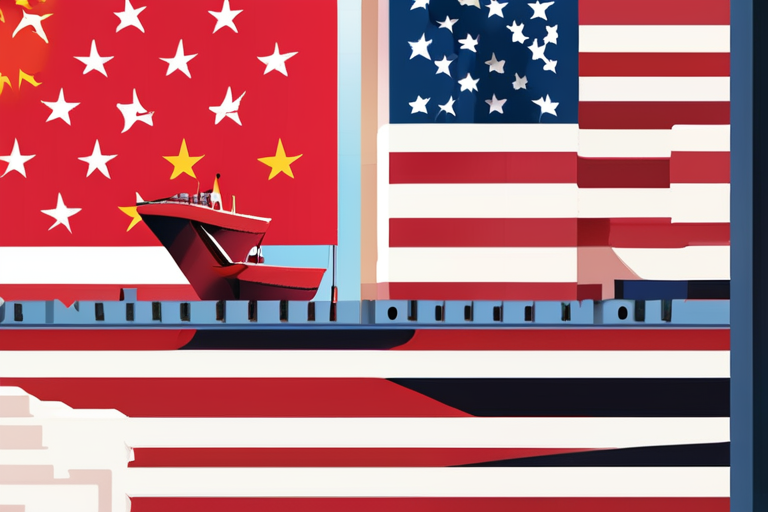


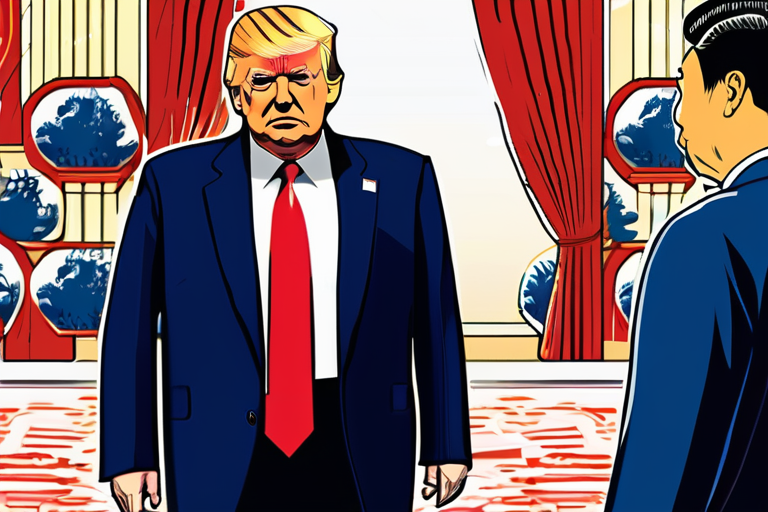
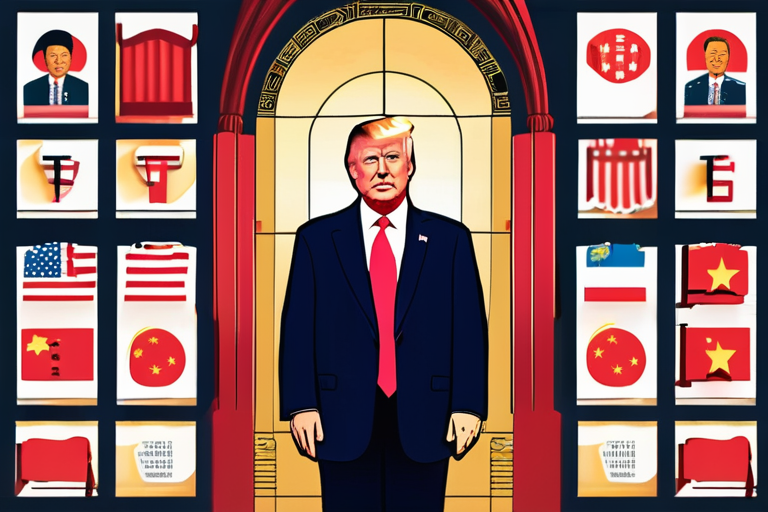
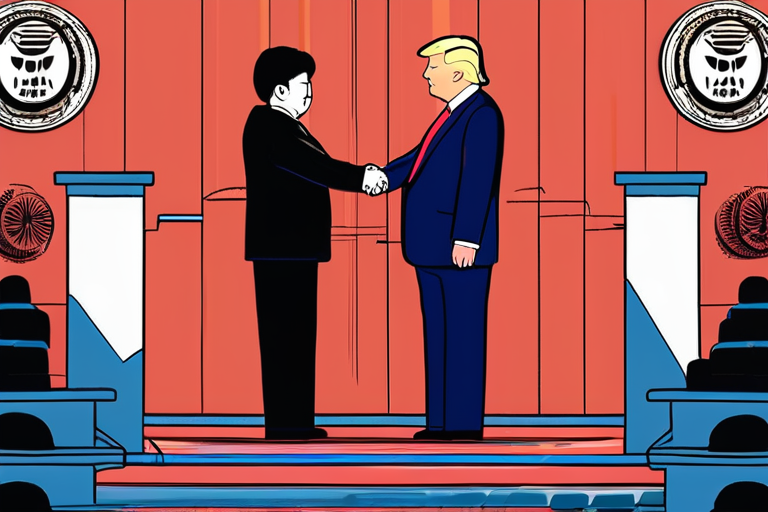
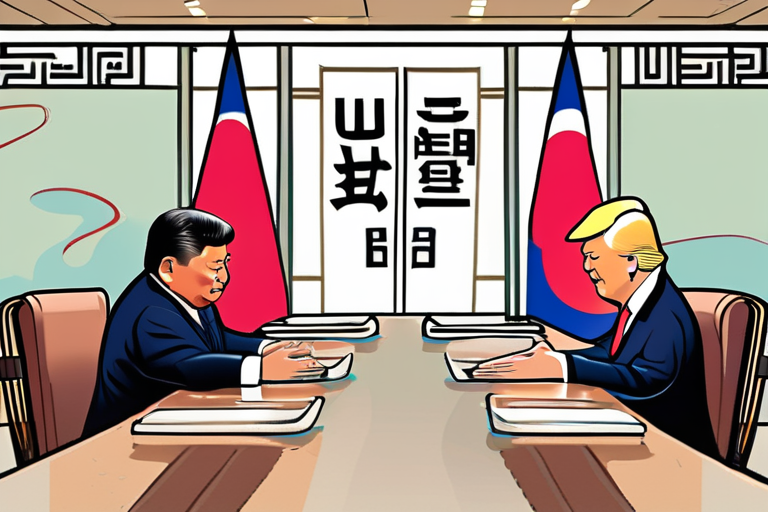
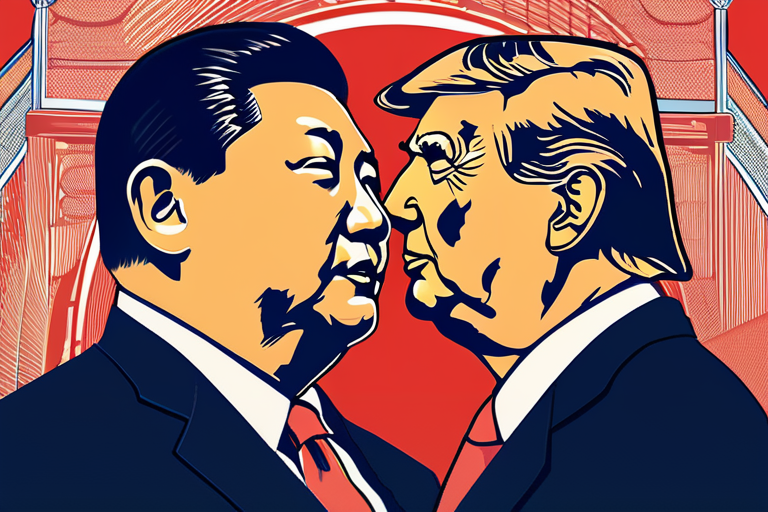
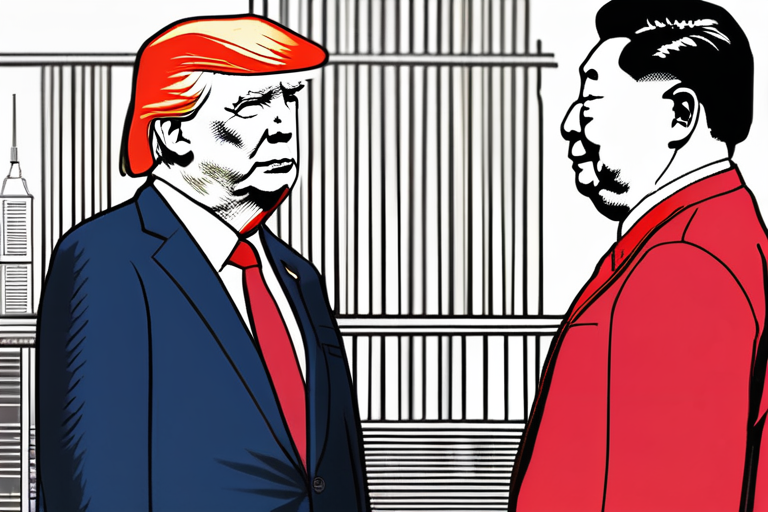
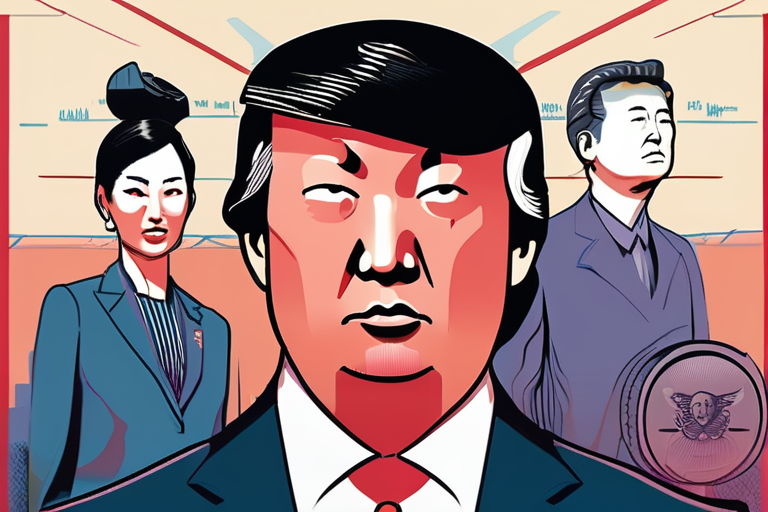
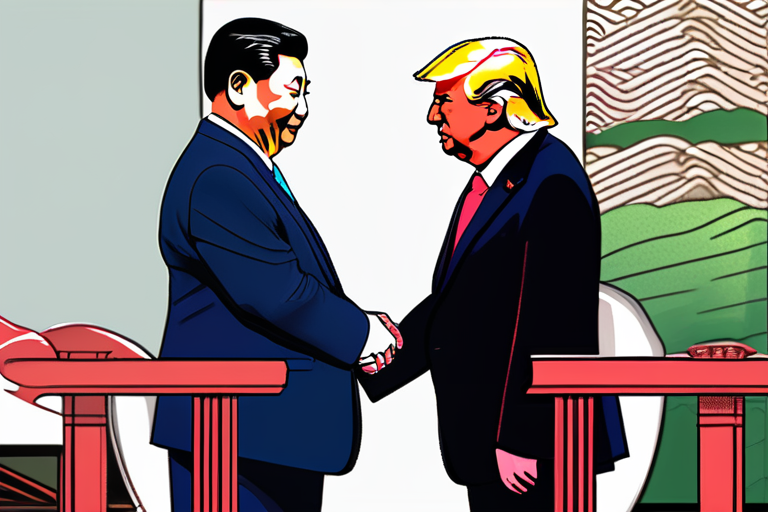
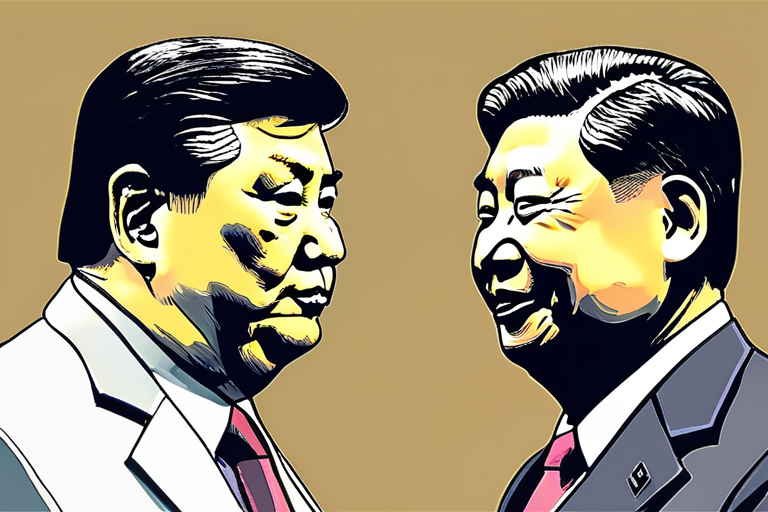
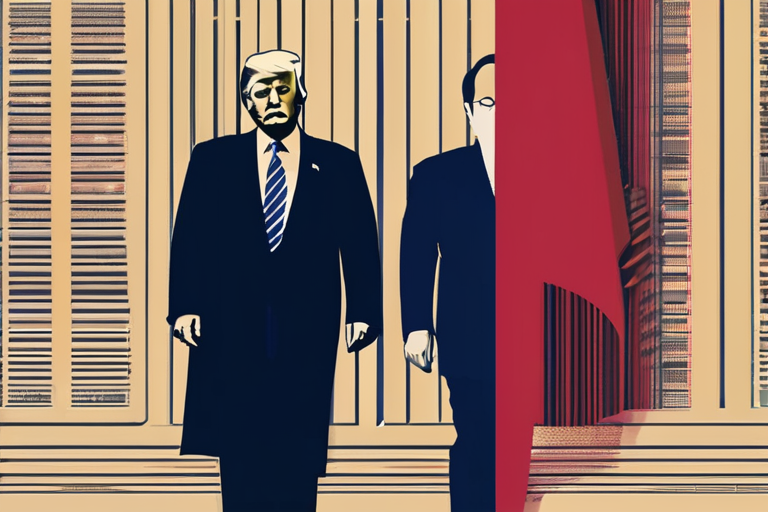

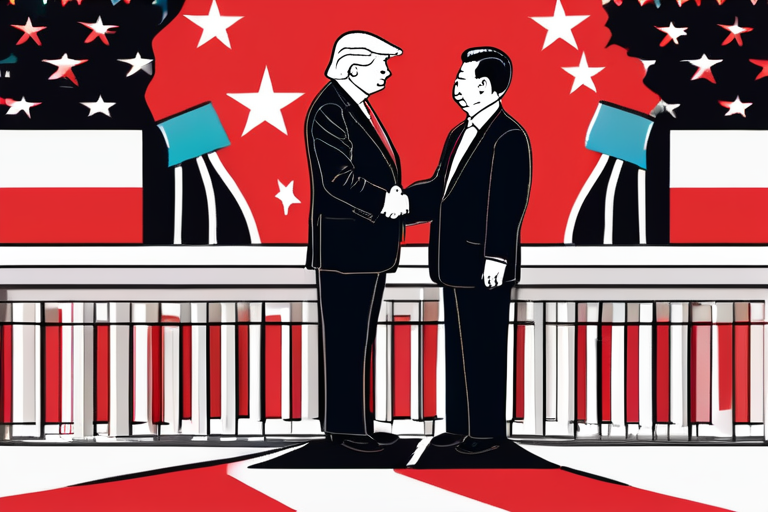
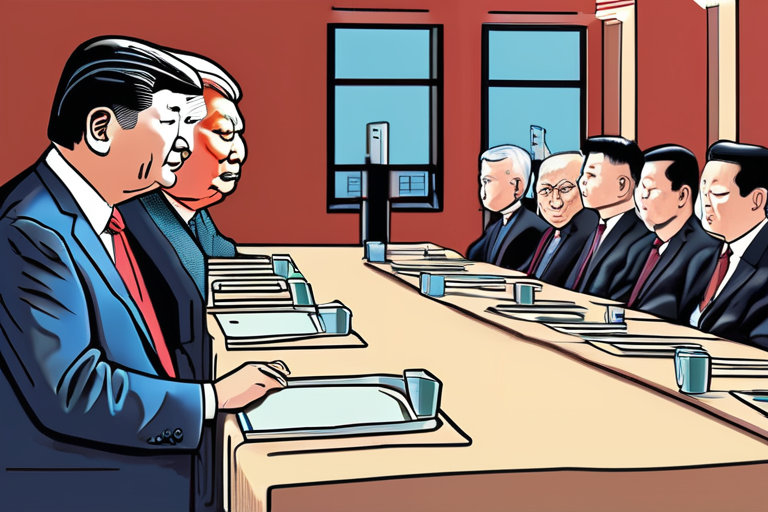
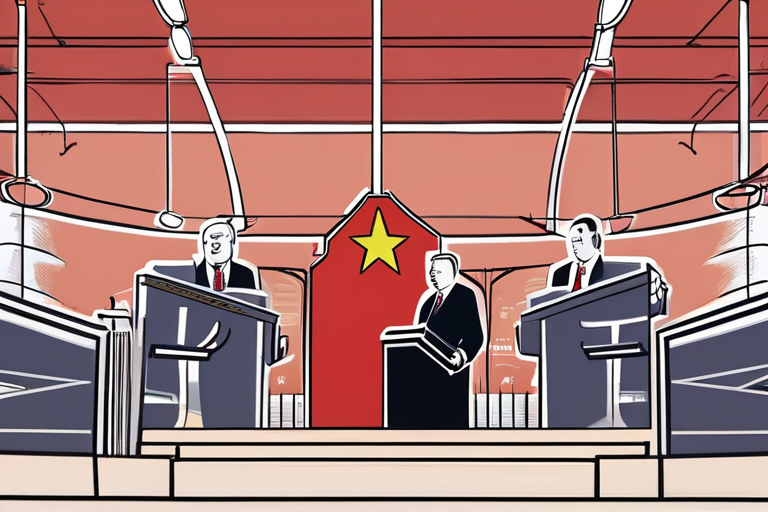
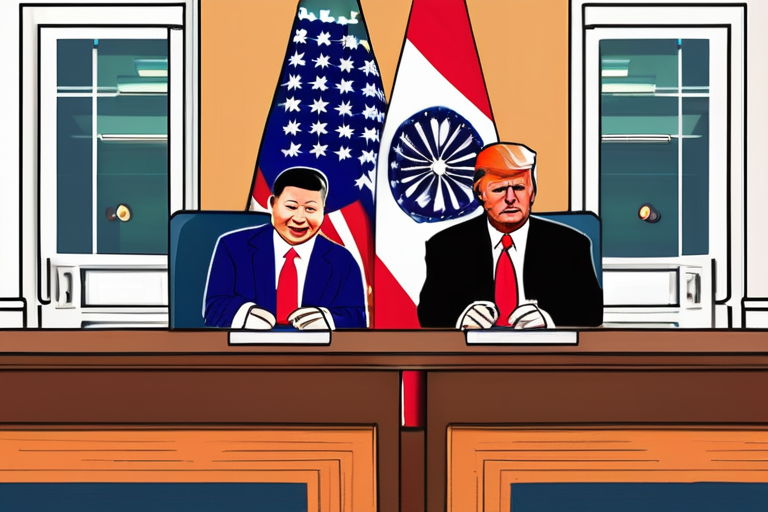
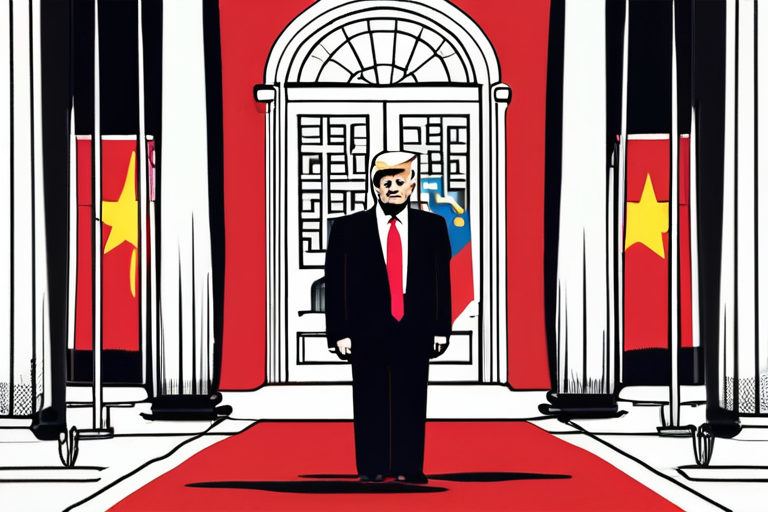
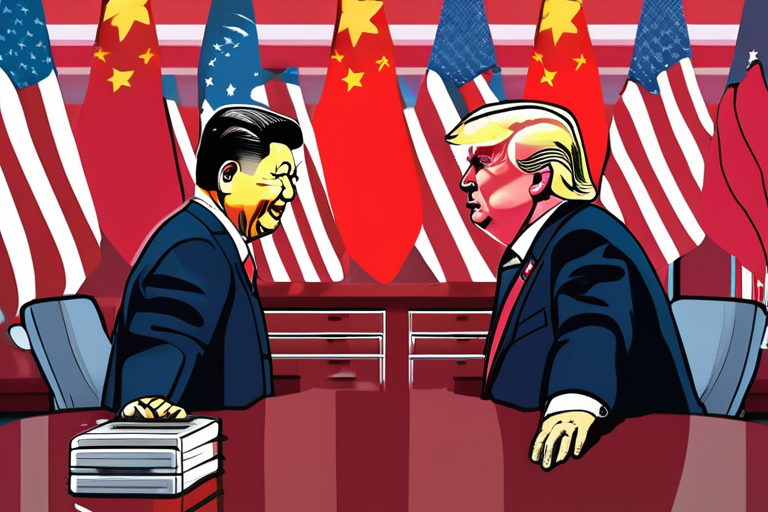
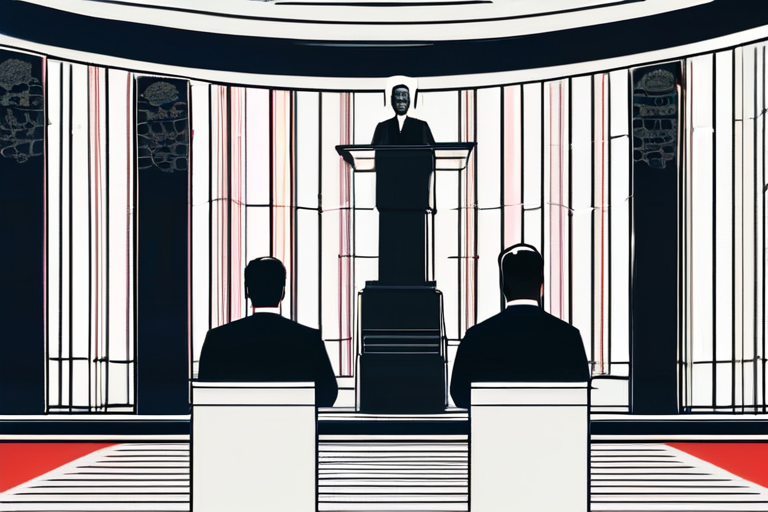
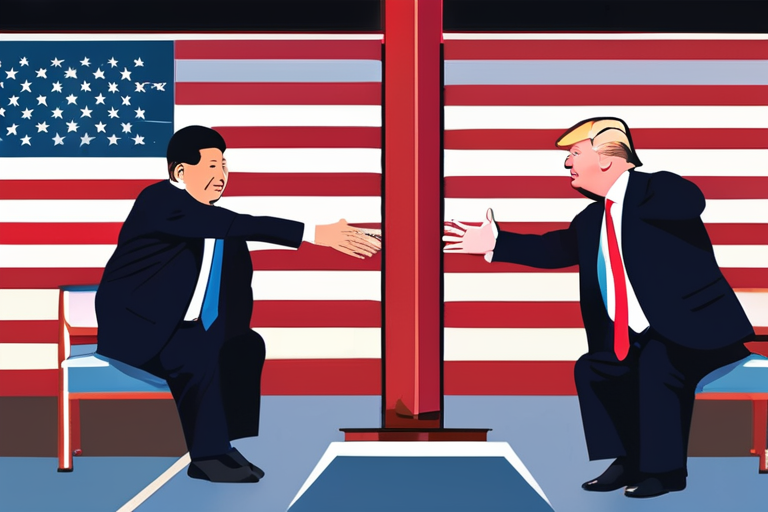
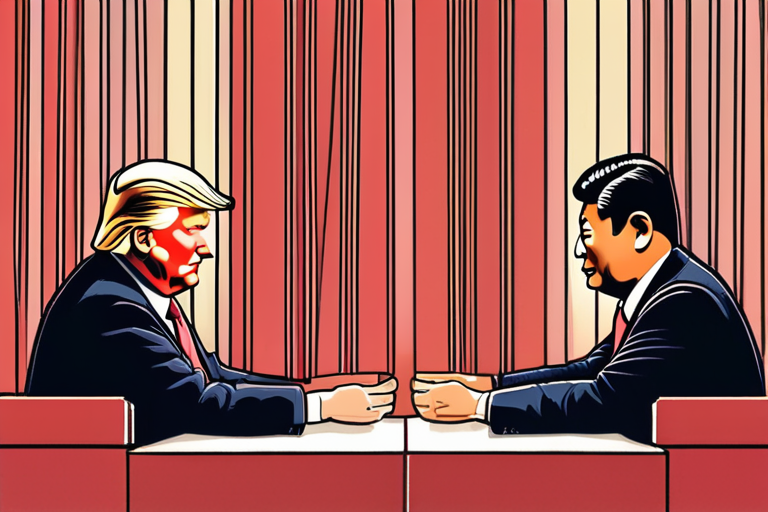
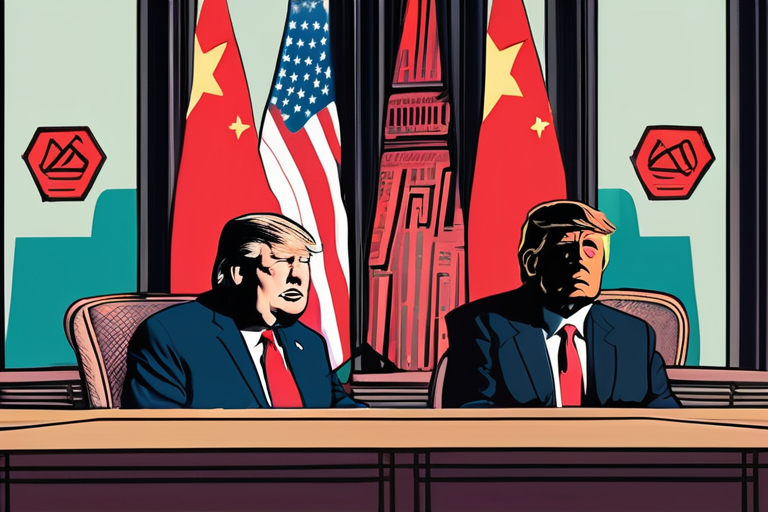
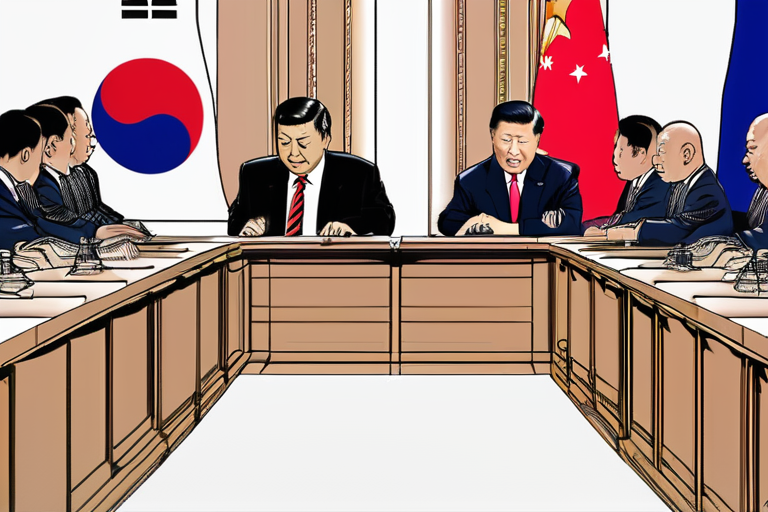
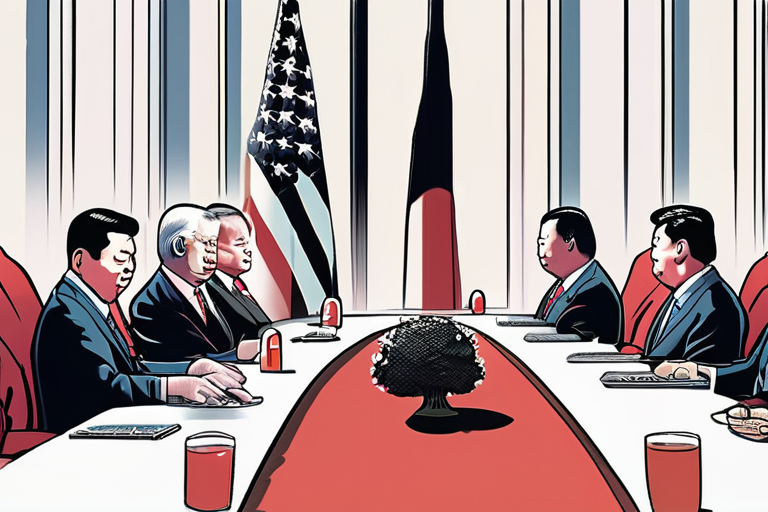
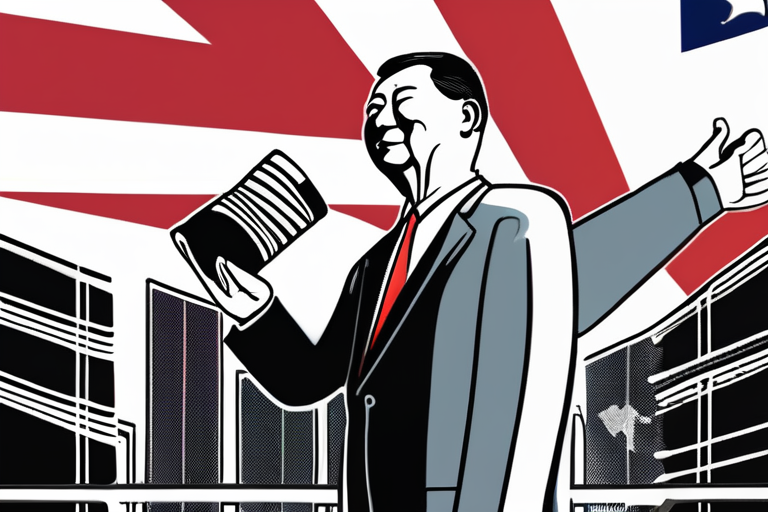
Share & Engage Share
Share this article